To understand the objectives of the criminal process, it is necessary to deal with this activity as such. It is regulated by law and involves the initiation, conduct and investigation of criminal cases by bodies of inquiry, prosecutors and investigators. And the main goal of this process is to protect society and the individual. But this, of course, is far from all you need to know about the topic.
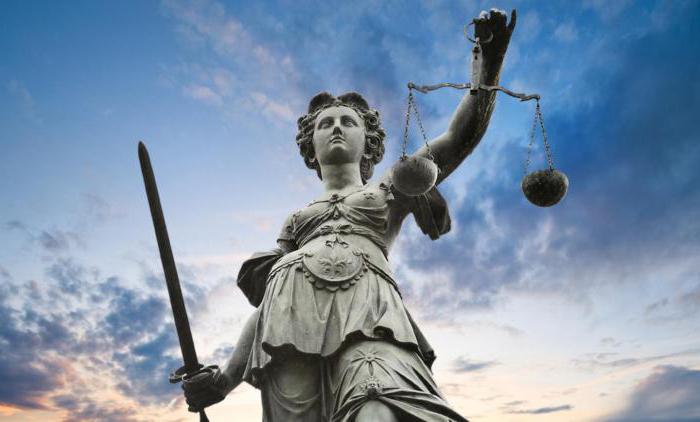
Definition
All the goals of the criminal process are reduced to one thing - to convict persons who are guilty of committing socially dangerous crimes. In addition, the degree of their guilt, as well as which punishment will be fairly applied, is determined at the investigative-judicial level.
This is necessary in order to protect society from those who can harm it. It needs it. And this need dictates the need for a public relations regulator that could fulfill this function. And he is. It is a criminal procedure law. It, as you know, regulates the activities of the prosecution, court, investigation and inquiry. To which people turn for protection of violated rights.
Philosophical approach
It is worth noting that the goals of the criminal process in the legal literature are practically not differentiated from the tasks. But then there is a philosophical and psychological aspect that allows us to understand the essence of the definition.
The goal is the desired result. A task is a specific problem that needs to be resolved. And if the essence of the purpose of the criminal process is to protect society and the individual, then its achievement can be carried out through the functional purpose of the aforementioned law enforcement agencies.
In other words, the desired result can be achieved by solving specific problems that are assigned to the bodies of inquiry, preliminary investigation, the prosecutor's office and the court. It turns out that their activity is a peculiar means of achieving the goal. And this model is fully consistent with the well-known general philosophical principle, which is formulated as follows: the implementation of tasks leads to the achievement of the goal.
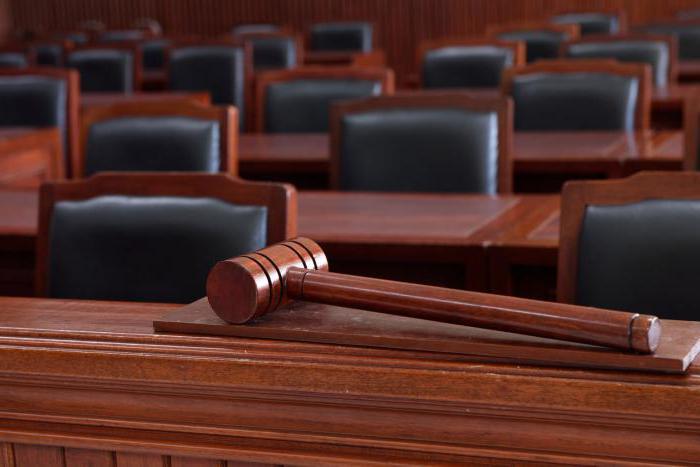
Goal specifics
It is also important to note it with attention. The bottom line is that the goals and objectives of the criminal process are to protect the legal rights of not only individuals and organizations that have suffered from crimes. Often it is practiced proving the innocence of people who are unjustifiably or illegally convicted of what they did not.
In addition, it is important to note that protection of public interests can also be carried out. For example, state security, national defense, morality, the foundations of the constitutional order, etc. All this is spelled out in 3 parts 55 of the article of the Constitution of the Russian Federation.
It is worth mentioning that the defense and the accused are responsible for the defense during the criminal process. Here, too, have their own nuances. The purpose of the prosecution is to establish the event of the crime and to further expose the one who committed it. This is stated in part 2 of article 21 of the Constitution. And the defense side, in turn, is obliged to prove the innocence of the accused / suspected person in order to relieve him of responsibility. Or commute the punishment if he is truly involved.
The ultimate goal of a criminal trial involves either rehabilitating the innocent or imposing a fair punishment on the criminal. In special cases provided for by law, the accused are released from liability.
Related Goals
The conviction and punishment of a criminal is not all that the criminal process is aimed at.This goal is the most important, but sometimes the associated ones are also distinguished. Here are the most common and logically sound ones:
- Strengthening the rule of law and the rule of law.
- The eradication and prevention of crime.
- Education in citizens of respect for the law and the Constitution of the Russian Federation.
- Protecting the interests of organizations and society, as well as the freedoms and rights of residents.
As you can see, related goals intersect with both criminal law and moral standards.
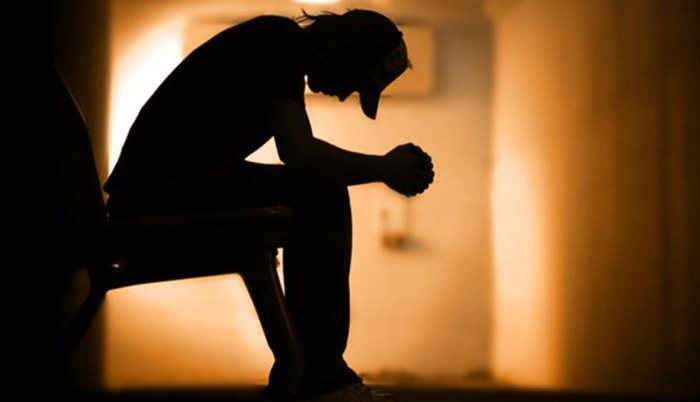
the main task
It consists in the resolution of specific criminal cases. Of course, ensuring and protecting the rights of those participating in the trial is important, but this cannot be opposed to establishing the fact of a crime and identifying the perpetrator. That is, if it was possible to prove that the person presented to the jury had committed several intentional murders with particular cruelty, then there can be no talk of any mitigation and consideration of the interest of the offender.
True, in some cases, the main goals and objectives of the criminal process remain unreached. There can be both subjective and objective reasons for this. Sometimes things remain unsolved. But even in such cases, an investigation should be carried out and all kinds of procedural actions in relation to what happened.
Turning to the Code of Criminal Procedure of the RSFSR
This document, which was no longer in force, very clearly stated the tasks of criminal proceedings. They, however, still remain relevant. There are only four of them, and these are the tasks that the criminal process should carry out:
- Quickly and fully disclose crimes.
- Expose the culprits.
- Properly apply material law.
- Compensate for damage caused by unlawful actions of the prosecutor's office, court and investigation authorities.
- Rehabilitate every person who has been unjustifiably prosecuted.
- Compensate for moral and material damage suffered by a victim due to a crime.
- Assign a fair punishment to someone who deserves it.
Based on all of the above, we can conclude that the main goal of criminal proceedings, identified at the very beginning, is achieved precisely through all these tasks.
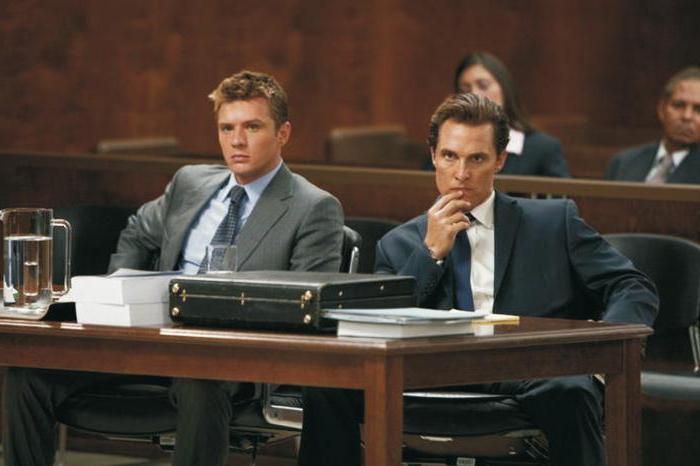
Judicial Functions
They should also be briefly noted, considering the concept of criminal process. Its goals and objectives are directly related to the functions of legal proceedings.
The first of which is the resolution of the case. It implies the adoption by the court of a final decision on the guilt or non-involvement in the crime of a person.
The second is the charge. In this case, we are talking about criminal procedure activities. It is carried out by the accusing party and is aimed at exposing the suspect, who is accused of involvement in a particular crime.
And the third function is protection. It manifests itself in the process of refuting the alleged action.
Often, the fourth function, which implies criminal prosecution, is also highlighted. It is similar to the notorious accusation, only expressed in a more persistent and harsh form. And the function of resolving a case is often replaced with the concept of justice, which includes not only the resolution of the case, but also judicial control.
Investigation
It was said above that the purpose of the criminal process is to find the perpetrator of the crime and punish him. Therefore, it is still necessary to discuss the topic of the investigation. Because without it this desired result cannot be achieved.
Investigation refers to the activities of law enforcement agencies aimed at establishing the composition and events of a crime, collecting evidence, as well as identifying the perpetrators, exposing them and finding them.
This is done by the police, the FBI, the Federal Customs Service, the State Drug Control Service, foreign intelligence, the punishment service, etc.Representatives of these bodies search for people who are hiding from the bodies of inquiry and criminal punishment, interrogate citizens for this purpose, make inquiries, collect samples for comparative studies, observe, work undercover.
A successfully completed investigation ends with the prosecutor bringing charges, as well as the institution of a criminal case against the criminal, which is then sent to the court.
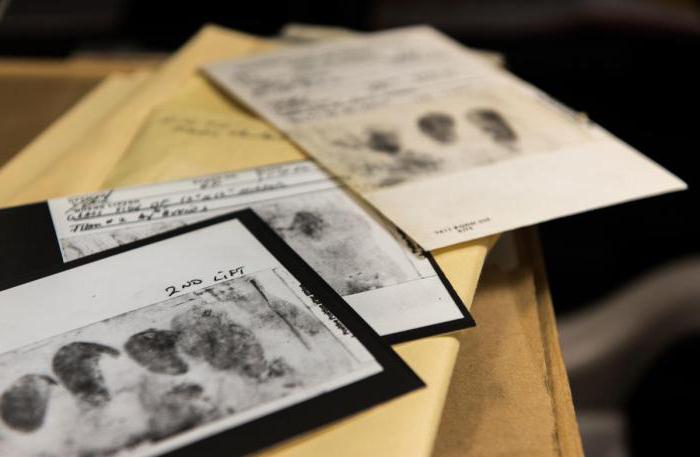
Accusation
This topic is also worth noting attention, considering the purpose, objectives and purpose of the criminal process. Without the prosecutor’s accusatory speech, its implementation is impossible. Pronouncing it, he sums up the results that he managed to reach as a result of studying the case materials.
This stage is extremely important. After all, the prosecutor, delivering a speech, returns to the previously submitted evidence, deeply analyzes and evaluates it, and also gives a detailed legal description of the crime committed, exposing its causes and motives of the criminal. The public defender demonstrates the social danger of the incident and turns to the jury's legal consciousness - what exactly he will say and how exactly he will do this can affect the course of the case in court.
In other words, the prosecutor must use all relevant, plausible and legal facts with evidence that can develop and substantiate his position on the crime. In many ways, the achievement of justice, the main goal of any business, depends on him.
Protection
The purpose of the defender’s activities in the criminal process also cannot be ignored. Usually he is a lawyer who has the right to protect the interests of the suspect from the moment of his detention.
The lawyer, just like the prosecutor, identifies the circumstances of the crime and carefully examines the case file. Only his goal is to find evidence to justify the suspect. Or, at least, able to mitigate the impending punishment. His justifying speech, as well as the speech of the prosecutor, can affect the course of the case and attract the attention of a judge.
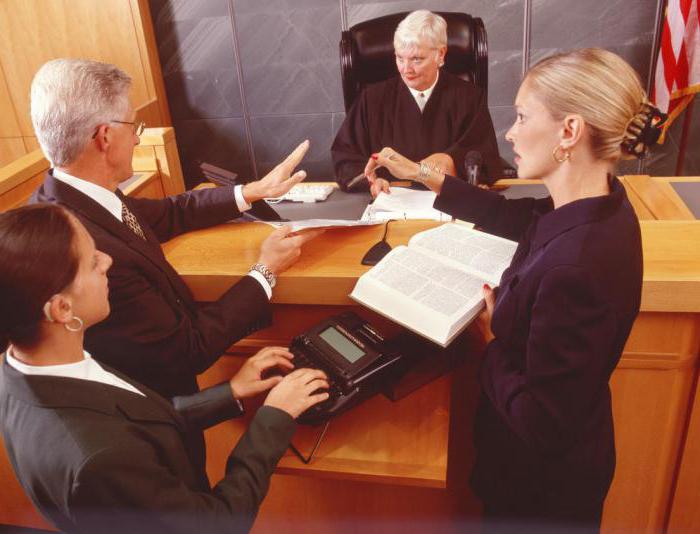
Proving
This is the core of criminal procedure. And its most important part is the collection of evidence that could confirm or refute the guilt of the defendant. Here the purpose of evidence in the criminal process is manifested, which is to achieve the truth and establish all the factual circumstances relevant to the investigated event.
Of particular importance is the representation in court of objective reality. This is something that reflects reality and does not depend on anyone's opinion. It is difficult to establish objective truth in the criminal process, because for this it is necessary to carefully analyze and work out the event in all planes. It is important to note that it does not contain general laws (this approach takes place in science), but specific facts that can help resolve the case under consideration. Thus, the truth obtained is practical, concrete. To establish it, the parties have to be guided by the special rules of criminal procedure evidence, as well as the general laws of knowledge.
It is worth mentioning another nuance. Only parties prove it. The court only makes a verdict. However, the parties should have the same ability to collect and further provide evidence.
Justice
That's what every criminal process is assigned to. The concept and goals were indicated above, now we can discuss the final stage. After all, justice is what resolves the matter on the merits.
At this stage, impartiality, competition and equality are manifested. The judge, as a representative of the highest authority, should most fully, objectively and comprehensively examine all the circumstances of the case in order to reach a fair verdict. Only then will the main goal be achieved, and the appointment of a criminal process will be justified.The impartiality of the court is confirmed, among other things, by the fact that it has nothing to do with the conclusions reached by the investigation and inquiry bodies, the prosecutor and representatives of higher authorities.
It is important to note that justice is possible only with the competent implementation of all the previously listed criminal procedural functions (starting with the prosecution and ending with collecting evidence). The activities of other persons participating in the case are considered auxiliary in relation to the tasks carried out by the court. But no less important. After all, it is precisely the testimonies and conclusions of these individuals that help to form evidence.
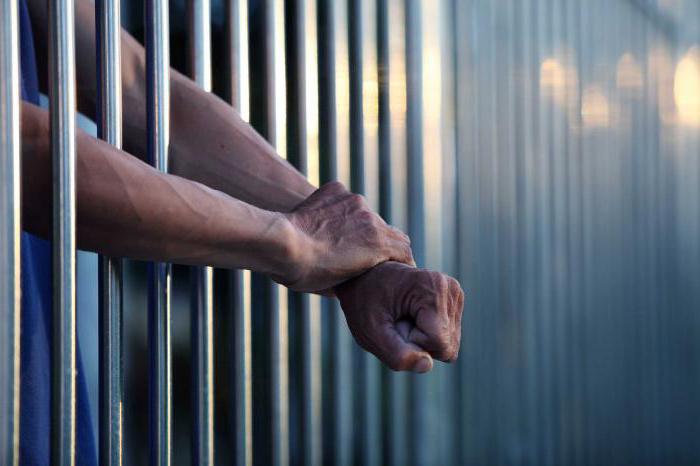
Conclusion
Based on the foregoing, we can conclude that all processes relating to criminal proceedings are directly related. It includes the disclosure and investigation of the crime, further consideration of the case in court, a complex system of legal relations between victims and accused, and, of course, justice, which is designed to achieve the main goal in any case - justice.